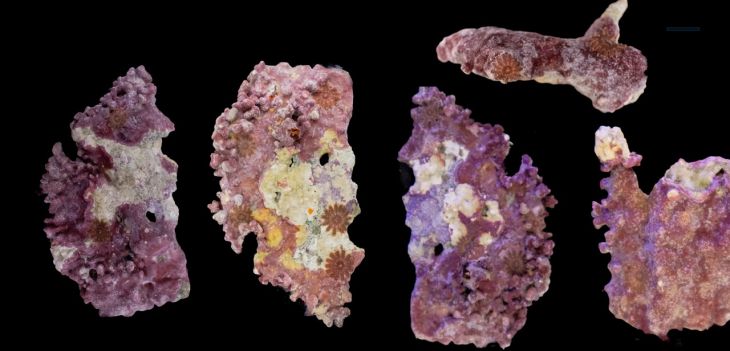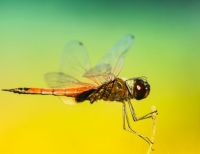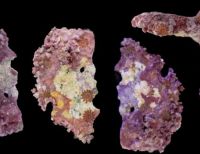
Professor Maria Byrne with student Matt Clements on a crown-of-thorns starfish survey.
Research into one of the most persistent coral predators on the Great Barrier Reef has revealed a troubling paradox in reef ecosystems: the crown-of-thorns starfish (COTS) appears to thrive in the very conditions of coral degradation it helps create.
This work, from Professor Maria Byrne at the University of Sydney and marine science researcher Dr Kennedy Wolfe, sheds light on the interactions between coral health and the population dynamics of COTS, offering critical insights for conservation efforts.
Professor Byrne from the School of Life and Environmental Sciences at the University of Sydney said: “This research reinforces our understanding that resilient species have the upper hand when adjusting to altered habitats. Unfortunately, in the case of the Great Barrier Reef, one of these resilient species – the crown-of-thorns starfish – is one of its most persistent coral predators.”
Coral reefs, often referred to as the “rainforests of the sea”, are vital ecosystems that support a diverse array of marine life. However, these ecosystems are under severe threat from various stressors, including climate change, pollution and overfishing. Among the most significant challenges are outbreaks of COTS, which can decimate coral populations and lead to widespread reef degradation.
This study, published in the Marine Environmental Research journal, proposes a “degraded reef hypothesis”, to better understand how COTS remain so persistent, despite extensive efforts to manage their impact.
















